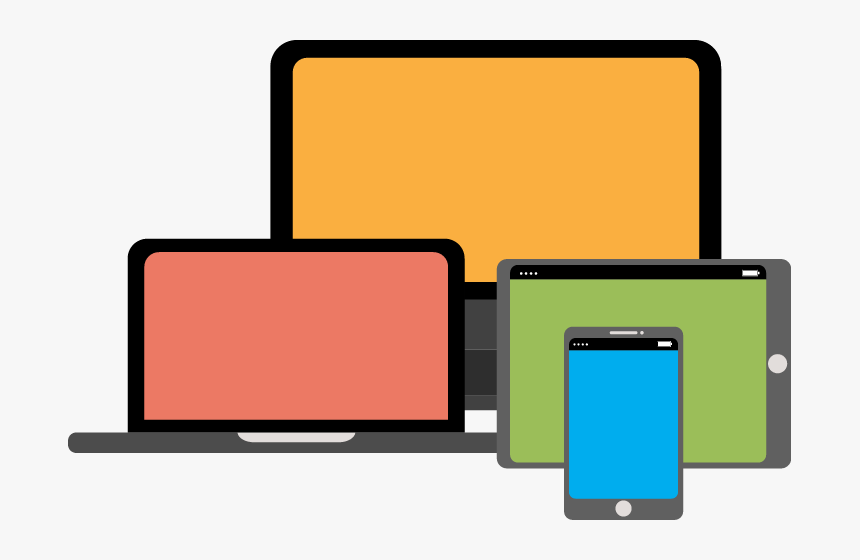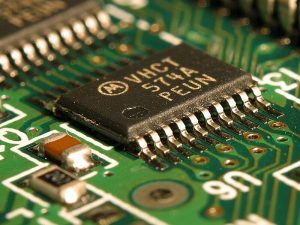In today's technology-driven world, electronic devices have become an integral part of our daily lives. From smartphones and tablets to laptops and smartwatches, these devices have revolutionized the way we communicate, work, and entertain ourselves. However, a question often arises: are all electronic devices truly computers? In this blog post, we will delve into the depths of this topic, exploring the various aspects that differentiate electronic devices from computers and shedding light on the underlying truths.
- Defining a Computer:
To understand whether all electronic devices can be classified as computers, we must first establish a clear definition of what a computer is. Traditionally, a computer is a programmable machine that can execute a set of instructions to perform specific tasks. It consists of hardware components, such as a central processing unit (CPU), memory, storage, and input/output devices, along with software that enables the execution of programs. - Electronic Devices vs. Computers:
While electronic devices encompass a wide range of gadgets, not all of them meet the criteria to be classified as computers. For instance, smartphones and tablets, although highly advanced and capable of performing various tasks, lack certain components found in traditional computers. They may have a CPU, memory, and storage, but their input/output capabilities and operating systems differ significantly from those of computers. - The Role of Operating Systems:
One crucial aspect that distinguishes computers from electronic devices is the presence of a full-fledged operating system. Computers typically run operating systems like Windows, macOS, or Linux, which provide a platform for software applications to run and enable users to interact with the machine. On the other hand, many electronic devices, such as smart TVs or digital cameras, have embedded operating systems tailored to their specific functionalities, limiting their capabilities compared to computers. - Processing Power and Expandability:
Computers are known for their high processing power and expandability. They can handle complex calculations, run resource-intensive software, and support hardware upgrades. In contrast, most electronic devices are designed with specific purposes in mind, prioritizing portability, energy efficiency, or user-friendliness over raw processing power. While some devices, like gaming consoles, may possess considerable processing capabilities, they still lack the versatility and expandability of computers. - The Internet of Things (IoT) Era:
With the advent of the Internet of Things (IoT), the line between electronic devices and computers has become increasingly blurred. IoT devices, such as smart home appliances or wearable fitness trackers, often have limited computing capabilities but can connect to the internet and interact with other devices. While they may not be considered traditional computers, they contribute to the growing ecosystem of interconnected devices that enhance our daily lives.
Conclusion:
In conclusion, not all electronic devices can be classified as computers. While they may share some similarities, such as the presence of a CPU and memory, the absence of a full-fledged operating system and limited processing power sets them apart. However, as technology continues to evolve, the boundaries between electronic devices and computers may become more fluid. Understanding these distinctions is crucial for making informed decisions when choosing and utilizing electronic devices in our increasingly interconnected world.





+ There are no comments
Add yours